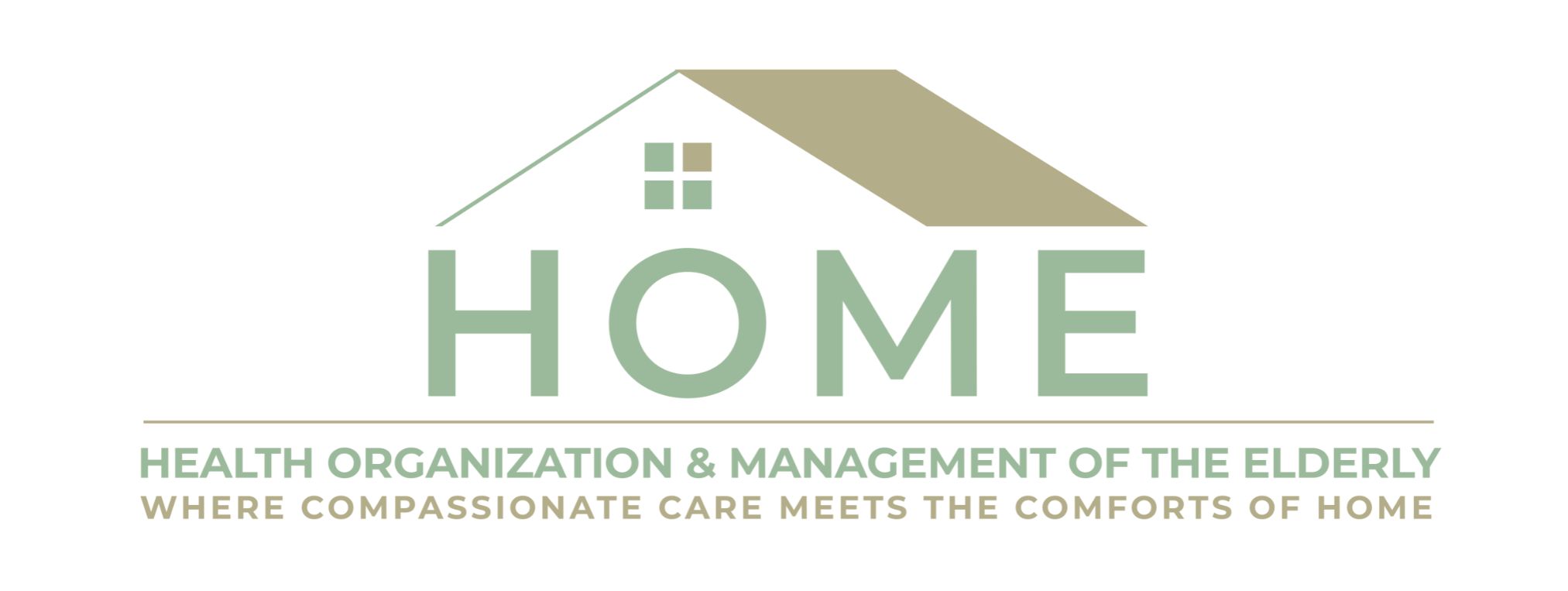Respiratory Therapy Overview
A respiratory therapy program, developed in collaboration with a Respiratory Therapist and their Physician, is designed to create a comprehensive care plan aimed at addressing various conditions, including Asthma, Bronchitis, Pneumonia, Chronic Obstructive Pulmonary Disease (COPD), Sleep Apnea, and patients dependent on ventilators. For individuals experiencing breathing difficulties or those with respiratory and cardiopulmonary disorders, respiratory therapists play a crucial role in delivering treatments and providing essential respiratory care. These services encompass, but are not limited to:
- Assessment: Conducting thorough assessments to determine the patient’s specific needs and condition.
- Patient/Family Education: Educating both the patient and their family on the nature of the condition and how to manage it effectively.
- Oxygen: Administering and managing oxygen therapy to optimize the patient’s respiratory function.
- Nebulizer Treatments: Providing nebulizer treatments to help deliver medication directly to the patient’s airways, especially effective for conditions like asthma.
- Ventilator Management: Overseeing and managing patients who are dependent on ventilators for breathing support.
- Tracheotomy Care: Providing specialized care for patients with tracheostomies, including wound care and suctioning.
- Special Monitoring for Sleep Apnea: Offering specialized monitoring for patients with sleep apnea to ensure they receive appropriate treatment.
- CPAP Treatments: Administering and managing Continuous Positive Airway Pressure (CPAP) therapy, a common treatment for sleep apnea.
- Pulse Oximetry: Monitoring the patient’s oxygen levels using pulse oximetry, a non-invasive method to assess respiratory function.
Respiratory therapy is a vital component of healthcare, addressing a range of respiratory conditions and ensuring that patients receive the necessary care and support to manage their specific needs effectively.
